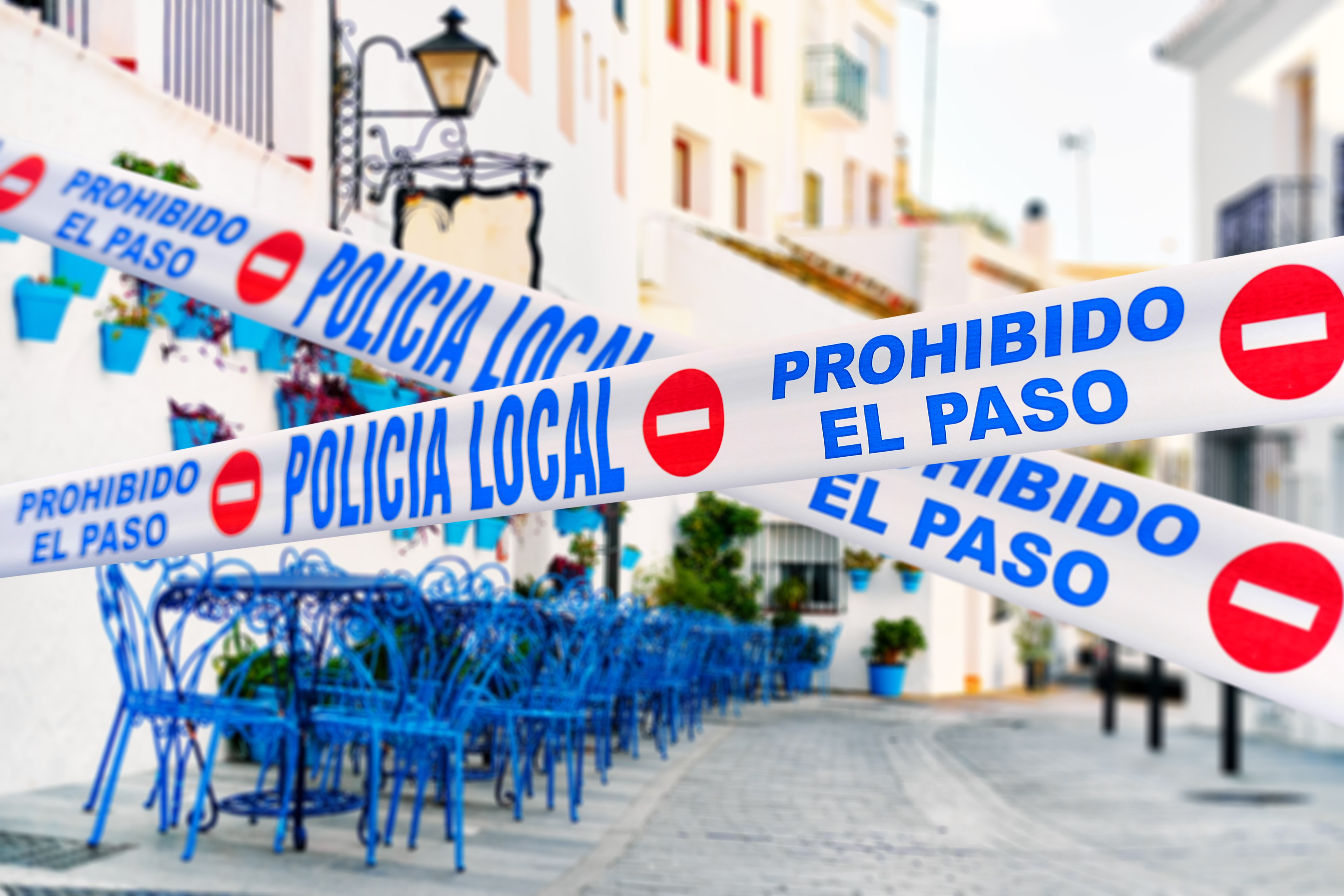
 Spain has been hit hard by the Covid-19 crisis currently sweeping the world. With the second highest number of infections in Europe (at the time of writing), it is under strict lockdown conditions.
Spain has been hit hard by the Covid-19 crisis currently sweeping the world. With the second highest number of infections in Europe (at the time of writing), it is under strict lockdown conditions.
Inevitably the hospitality sector, which comprises 1.7 million workers and make up 6.7% of GDP, is affected. All restaurants are closed during this time with delivery services ruled out too.
Mateo & Co works with many of the biggest names in Spanish gastronomy and is currently spearheading the establishment of the Spain base of World Central Kitchen, the non-profit organisation set up by chef José Andrés.
Here managing director Patricia Mateo (right) talks about how the gastronomy community is coping and how Covid-19 will change the way the sector operates.
What is the impact of Covid-19 on the foodservice sector in Spain?
The situation for restaurants is quite precarious. So far there’s been no announcement of financial government support, specifically for hospitality and this is a huge sector with many small companies, few of them with many employees – it is not a sector with huge lobbying power.
Right now, the majority of restaurants are closed, the chefs are at home. There are no kitchens working or making deliveries. Life as we know it has stopped and so the kitchens have too.
How have you seen social media being used during this time?
I think that after this crisis we will see a very different way for restaurants to use social networks. The chefs are using different platforms to send messages of support and share recipes; others have hosted live cooking sessions and organised four hand dinners where two chefs have cooked together on Instagram.
Social media has almost been converted into themed channels, dedicated to products and master classes de specific techniques.
On a creative level this has been very impressive.
What about the wider repercussions in hospitality supply chains?
One area that has been overlooked a little bit but is completely connected to the restaurants is that of producers – butchers, farmers and fishermen who usually supply the top restaurants. They can’t work either. As an agency we have helped some of these to open new channels by selling their products to private customers. An example is Discarlux who supply meat to some of the best restaurants. They are now selling to private customers.
What has been your message to the chefs you work with?
As a communications agency our message to the restaurants and companies that we work with is to get ready. Let’s prepare for the return to business when this is over – let’s stay in touch with our customer base. If you are famous for a particular dish, say croquettes, why not be generous and share your recipe with your customers. Or if you have a database of customer details send them a message to say you are thinking of them and look forward to seeing them again.
How do you see Spanish hospitality moving forward?
Looking ahead, the sector really does need institutional support. Obviously getting the economy going again will be hard. The dining public will be fearful about going out to dinner and eating in the restaurants – they will be concerned about hygiene and restaurants have to be very clear and very transparent about what they are doing to stay on top of this.
So, our advice is to work really hard to show customers that we are working to make it safe for them to visit. The more transparent we are about the measures that we are actioning the more people will trust that it is safe to return to eat in the restaurants when they open.
I do also think that the Spanish spirit will show – we are moving towards lighter days with higher temperatures and we’ll be able to sit outside to enjoy food and drink. Slowly the sector will start recovering, but of course the lost time is important and this is a tough situation.
Tina Nielsen
